Catholic Bishop of Sokoto Diocese, Rev Matthew Hasan Kukah, has charged Nigeria’s President, Bola Ahmed Tinubu, to come up with a comprehensive policy to tackle hunger and insecurity in the country.
Kukah, who made the call in his Easter message on Sunday, queried the method of palliative distribution adopted by the government in helping the citizens cushion the effect of the current economic hardship caused by scarcity and high costs of things.
Join our WhatsApp ChannelHe said mere disbursement of funds through channels already ridden with corruption is not the way to go.
The cleric urged the Federal Government to create a comprehensive plan to strategically scale up agricultural production as a sustainable way of ending food insecurity in the country.
READ ALSO:
He also encouraged the president to continue on the path of probity and take further steps to cut costs of governance.
He said: “I encourage the President to continue on the path of probity, to take further steps to cut down the overbearing costs of governance and to put in place more comprehensive plans towards achieving both food and physical security across our nation. “Merely distributing money through already corruption riddled structures is not enough and diminishes the dignity of our citizens. No one needs to line up to receive aid when we are not in a war.
“Give our people back their farms and develop a comprehensive agricultural plan to put our country back on the path of honour and human dignity.”
Speaking generally on the challenges today, Bishop Kukah said the country is reaping what was sowed by leaders over the years. He made reference to great Bishop Fulton Sheen’s philosophical reflections on life in his timeless book, Life of Christ, where he stated that “There are only two philosophies of life. One is the feast and then the hangover, the other, the fast and then the feast,” noting that deferred joys purchased by sacrifices are always the sweetest and most enduring.
Kulah argued that from the foregoing one can see that the leaders chose the feast rather than the fast and that has been responsible for why the “Nigerian dream has turned into a nightmare over the years.”
He said for over 60 years, Nigerian leaders have looked like men in a drunken stupor who stumble and fumble while searching for the way home.
“Our leaders chose the feast rather than the fast. We are today reaping what we sowed yesterday. For over sixty years, our leaders have looked like men in a drunken stupor, staggering, stumbling and fumbling, slurring in speech, with blurred visions searching for the way home. The corruption of the years of a life of immoral and sordid debauchery have spread like a cancer destroying all our vital organs. The result is a state of a hangover that has left our nation comatose.”
‘Easter Is A Time To Reflect On Road Not Taken’
The cleric however expressed the optimism that there is still opportunity to redeem the bad situation, noting that Easter is a time to reflect on the road not taken to achieve the national dream of prosperity.
“Notwithstanding, Easter is a time to further reflect on the road not taken. It is a time to see if this Golgotha of pain can lead us to the new dawn of the resurrection. Nigeria can and Nigeria will be great again. Let us ride this tide together in hope,” Kukah admonished.
He acknowledged that things are very hard in the country today, but he is optimistic that the “country will heal from the scars of hunger and destitution, that the wounds of physical and psychological violence will heal.”
He called on Christians to wake up to their duties and responsibilities of what it is to be Christian as an individual, a family, a community or in public life.
Reflecting on the mystery of Jesus Christ’s death and resurrection being commemorated in Easter, he said it presents Christians hope of triumph against darkness and challenges if they follow the precepts of God as taught by Christ while on earth.
The Sokoto Diocese Bishop called on the Presidency to come with a robust template for how it wishes to reverse and put the country on a path of national healing. “This must include a deliberate policy of inclusion that will drastically end the immoral culture of nepotism,” he said, adding that there must be “a method of recruitment that is transparent as a means of generating patriotism and reversing the ugly face of feudalism and prebendalism.”
“There is need for a clear communications strategy that will serve to inspire and create time-lines of expectations of results from policies. “There is need for clarity over questions of the Who, What, When, and How national set goals are to be attained and who can be held accountable.
“This will take us away from the current Communications-by-announcement-of-appointments policies as if this is all that government is doing,” he added.
On insecurity, Kukah said there is need for urgent steps to be taken in reforming the security architecture and bring terrorism, banditry and other forms of criminalities bedeviling the country to an end.
He expressed misgivings about the manner in which the military is being deployed, noting that things can be done better.
“The notion of rejigging the security architecture is a hackneyed cliché that is now at best, an oxymoron. It is difficult to fathom our current situation regarding the ubiquity of the military in our national life.
“It is impossible to explain how we can say we are in a civilian Democracy with the military literally looking like an army of occupation with an octopussean spread across all the 36 states and Abuja.
“This has very serious consequences both for its professionalism, its integrity and perceived role in protecting society. No other person than the immediate past Chief of Defense Staff, General Lucky Irabor who recently referred to the military as facing the dilemma of what he called, see finish. It is now difficult to say whether the persistence of insecurity is a cause or a consequence of military ubiquity.
“Trillions of Naira continue to go into bottomless pits with little measurable benefits. Our military’s professionalism cannot be diluted by the recruitment of hunters, vigilante groups and other unprofessional and untrained groups. “This is not sustainable because it leaves the military open to ridicule and perceptions of surrender. Fighting insecurity is now an enterprise.
“I believe our security men and women can defeat these criminals in a matter of months. All we hear and see are fingers pointing to the top. No, this must end. The alternative is too frightening to contemplate. The time was yesterday, but today is still possible.”
The bishop expressed delight that President Bola Tinubu recently announced that kidnapping and banditry are now to be treated as acts of terrorism.
“If so, we need to see a relentless and implacable plan to end this menace with a definite deadline for bringing these terrorists to their knees, no matter what it will take,” he said.
Victor Ezeja is a passionate journalist with seven years of experience writing on economy, politics and energy. He holds a Master's degree in Mass Communication.

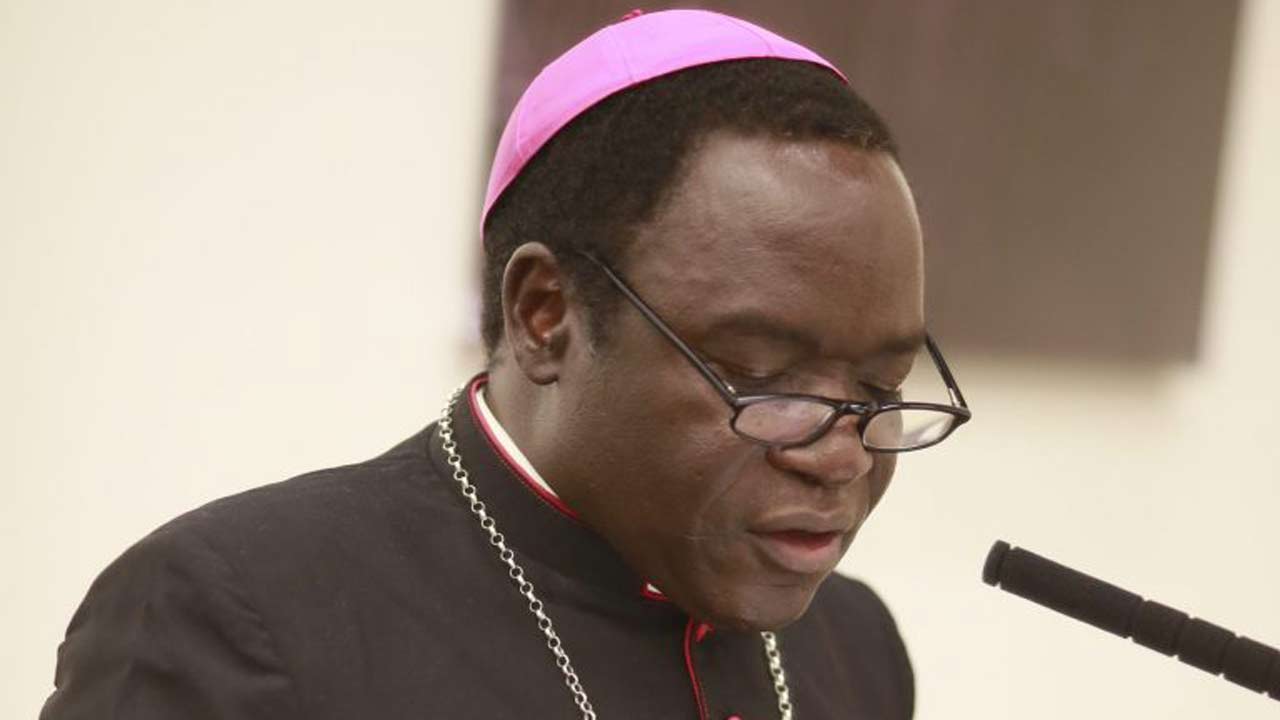

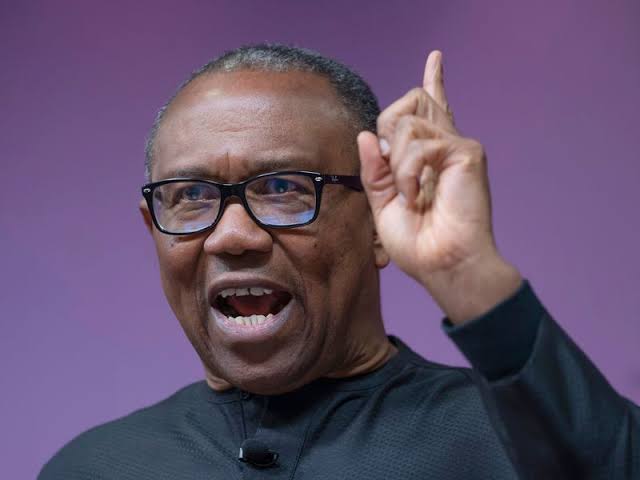
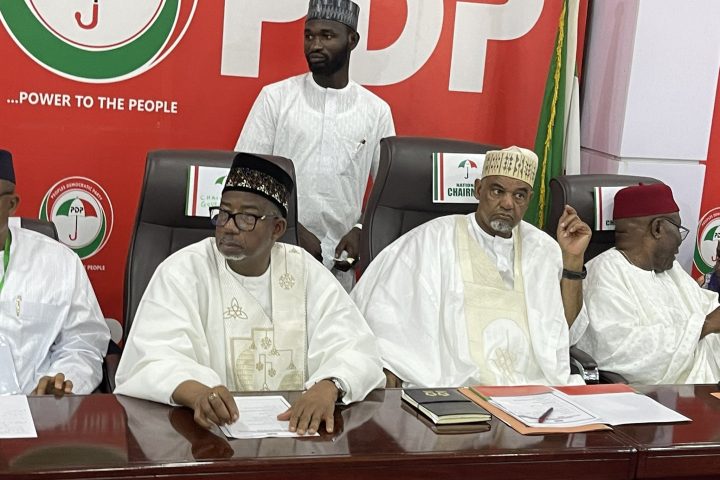
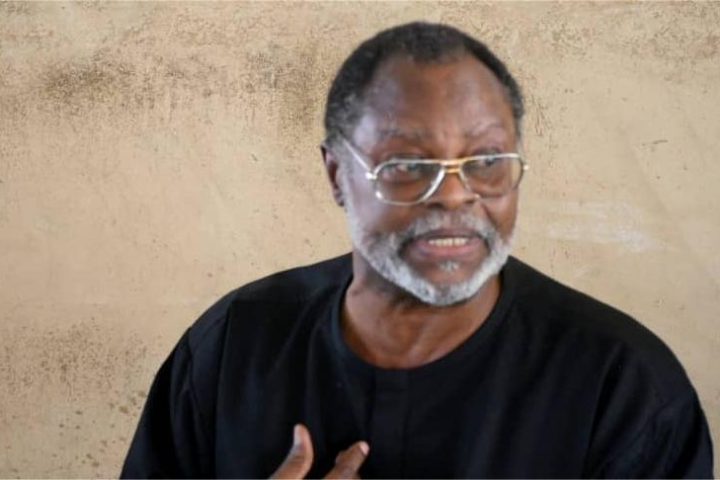









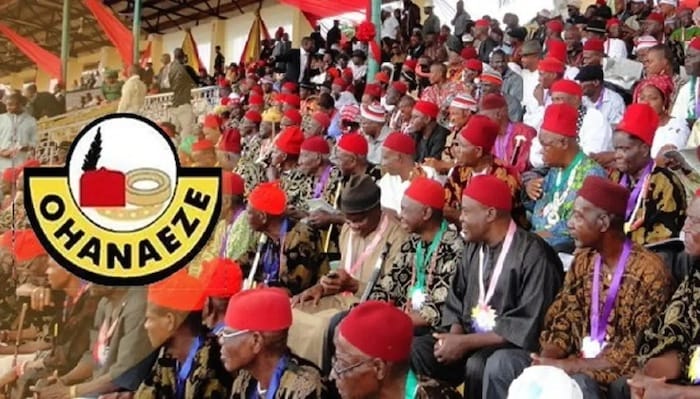


Follow Us